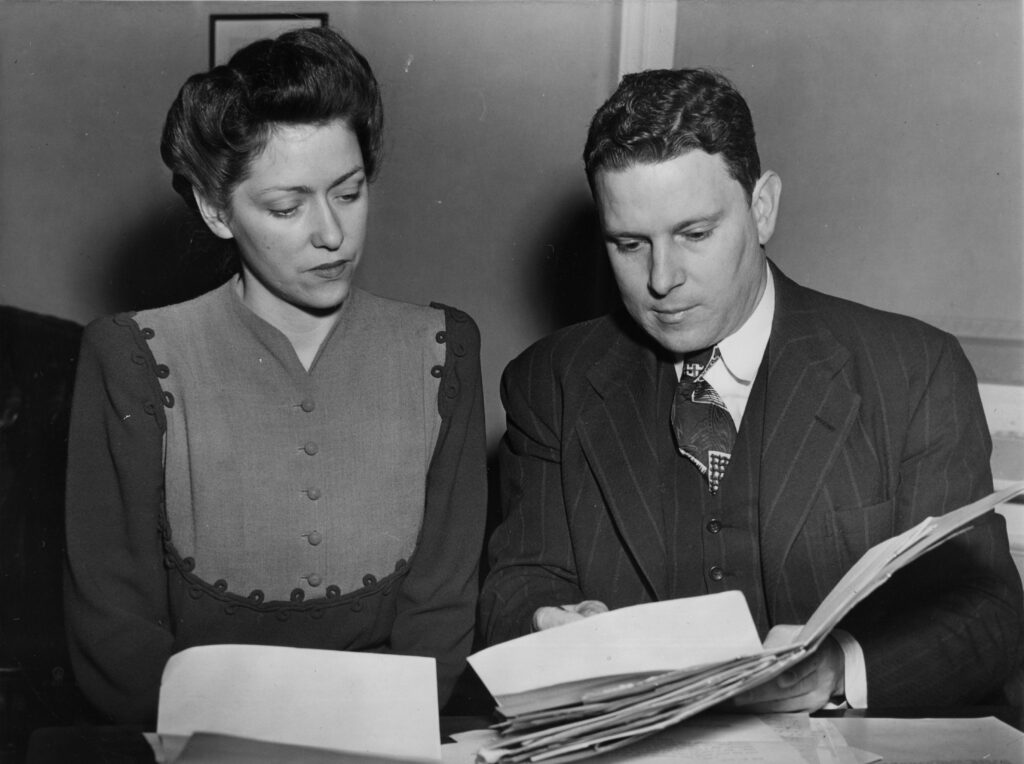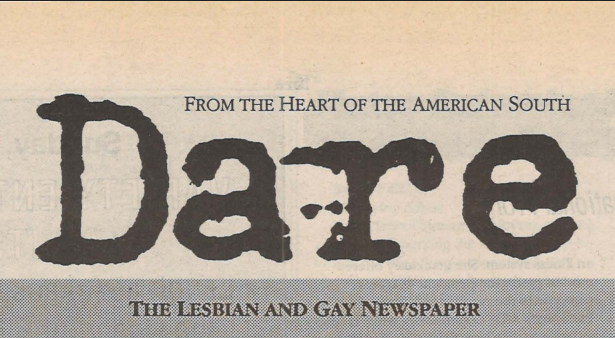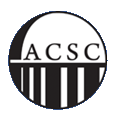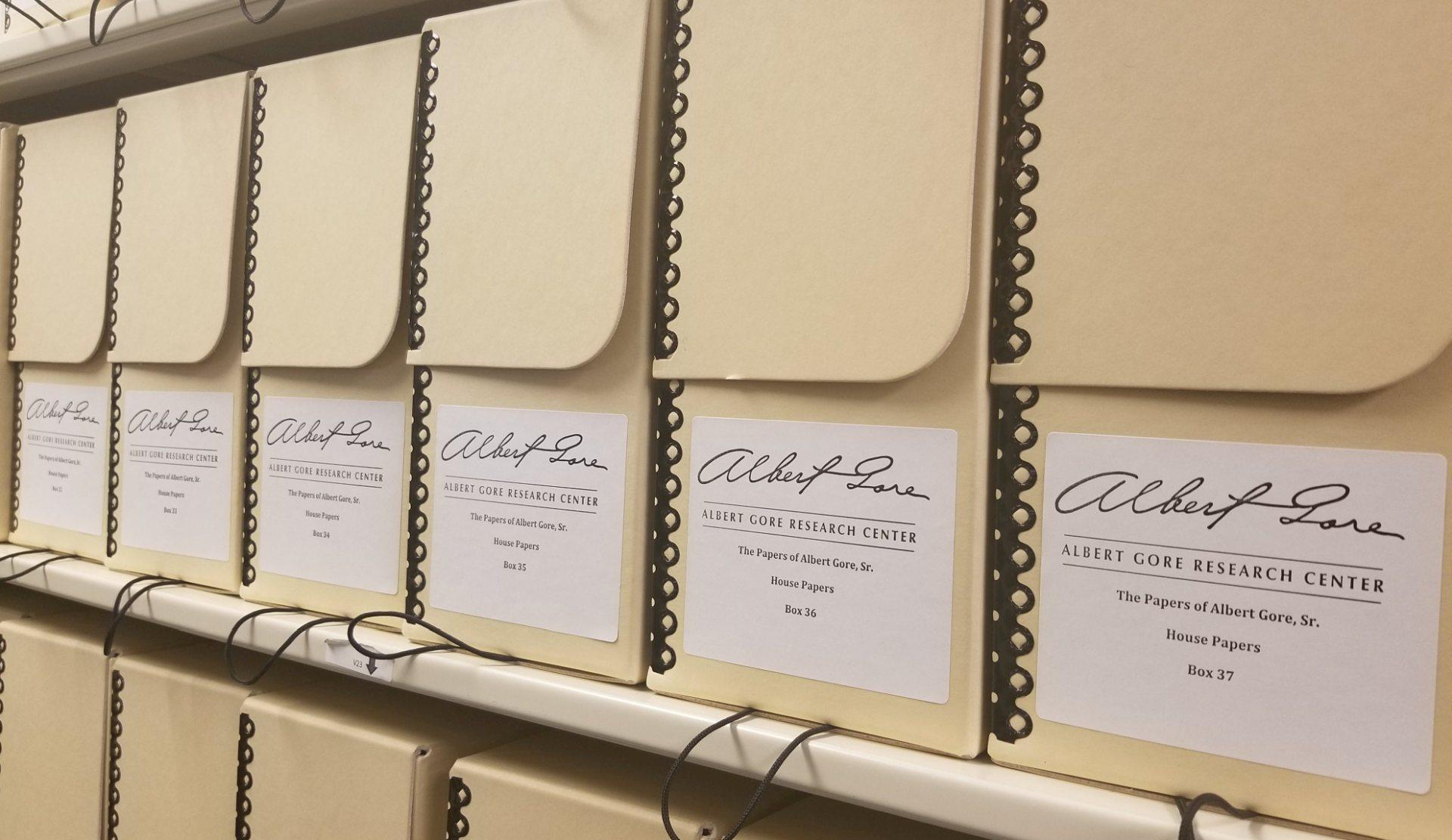Albert Gore Research Center
Digital Collections
Available through PastPerfect

Johnny Hayes Political Memorabilia Collection
We have digitized a portion of the Johnny Hayes Politcal Memorabilia Collection. This rich collection contains artifacts from United States political campaigns and events ranging from the nineteenth to the early twenty-first century. It documents both national and Tennessee politics. More items will be added to public access over time.
Available through our website

Albert Gore, Sr. WSM Radio Broadcasts
Albert Gore, Sr. gave a weekly radio broadcast on the WSM station out of Nashville, covering a wide variety of topics such as labor, World War II, the Tennessee Valley Authority, military aid to Europe, NATO, and the Korean War. We are currently digitizing the transcripts of these broadcasts.

Historical LGBTQ+ Periodicals and Documents
The following LGBTQ+ historical documents have been digitized and made accessible for educational purposes.
Available through Walker Library
The Gore Center has partnered with James E. Walker Library in order to increase access to our rich and varied collections. Walker Library’s digital collections are free and open to the public. The Gore Center also develops and maintains its own digital collections within the library’s CONTENTdm software. See the list below for more information on each of these collections.
See most of our entries in Walker Library’s Digital Collections

Forrest Hall Protest Collection
The Forrest Hall Protest Collection exists in order to collect, preserve, and provide access to the documents, accounts, and history of the individuals and organizations involved in the debate over the name of Forrest Hall and other Confederate symbols on MTSU’s campus.

Tennesseans and World War II
This digital collection contains a curated set of documents, photographs, ephemera and objects related to the Tennessee maneuvers, home front, and wartime activity overseas. The collection is in its early phases, so more items will be added in the coming months.
Related Digital Collections

Wearing Gay History
The Gore Center is one of 19 archives in the world that contributed to Wearing Gay History, a digital archive of historical LGBT t-shirts.

Bradley Academy Historical Association
This Omeka site hosts the Bradley Academy Historical Association’s Digital Collection, which has been digitized and held by the Bradley Academy Museum and Cultural Center. MTSU students in the class HIST 6450 (Digital Tools for Historians) created this site. There are over 200 images that range from photographs to newspaper clippings to graduation commencement programs.

Black Craftspeople Digital Archive
Founded in 2019, the BCDA brings together scholars, students, museums and archives professionals and the public to collaborate and spread the story of black craftspeople. BCDA seeks to enhance what we know about black craftspeople by telling both a spatial story and a historically informed story that highlights the lives of black craftspeople and the objects they produced.
Follow Us!
Contact Us
Albert Gore Research Center
P. O. Box 193, 1301 E. Main St.
Middle Tennessee State University
Murfreesboro, Tennessee 37132
Main: 615-898-2632
University Archives: 615-898-5202
Director: 615-898-2633
Location
Todd Hall Suite 128
Hours
Monday - Friday
9:00AM - 4:00PM
Or by appointment
Summer Hours
Monday - Thursday
9:00AM - 4:00PM
Friday
Closed


